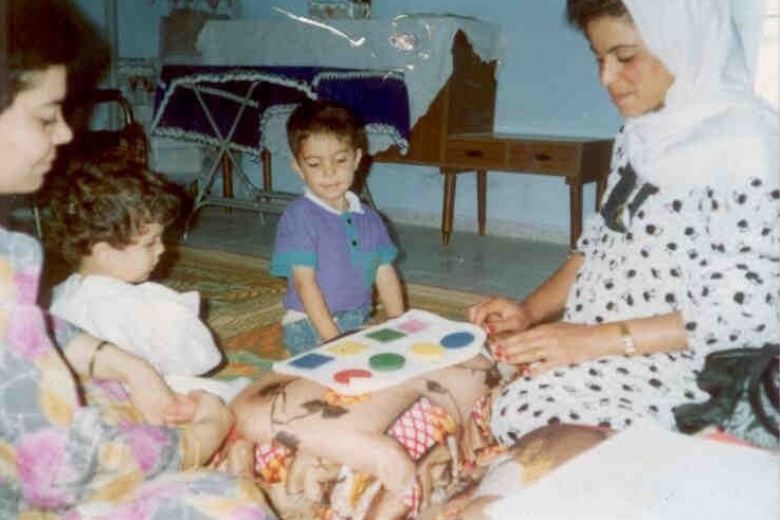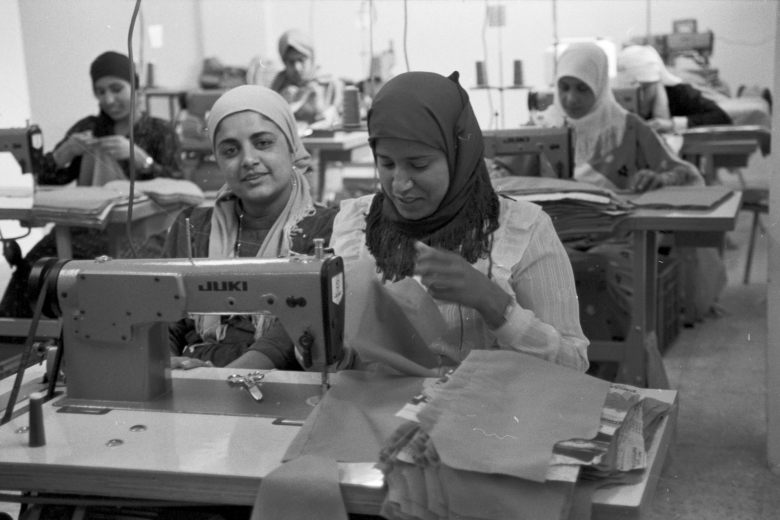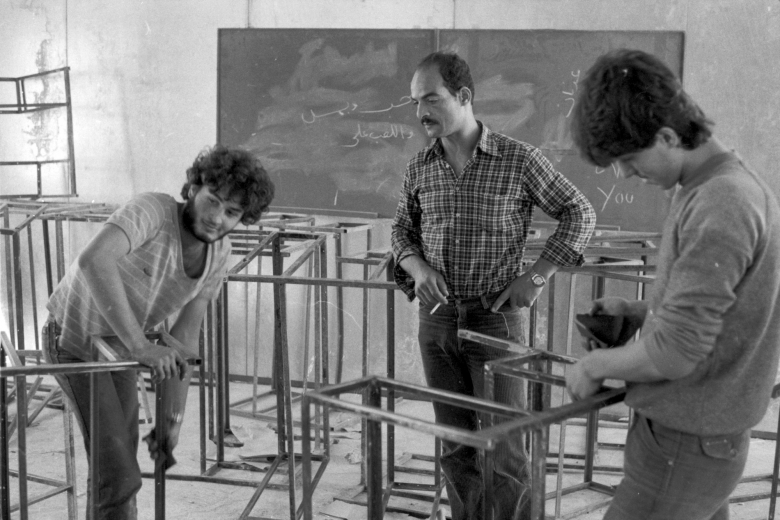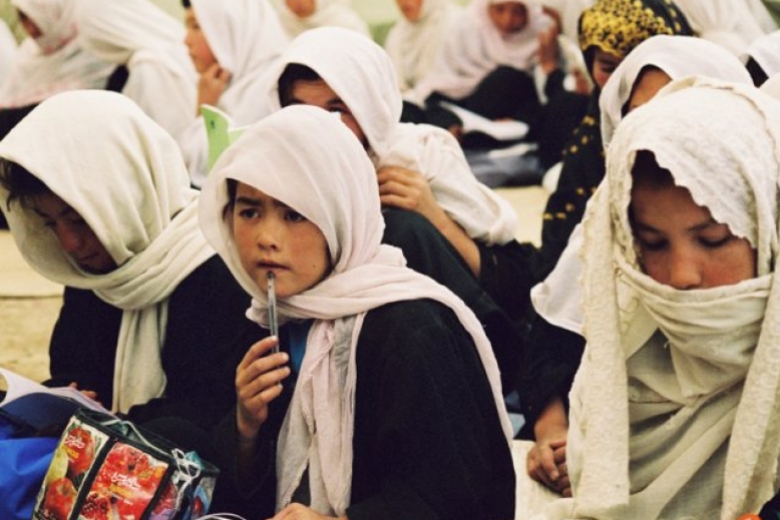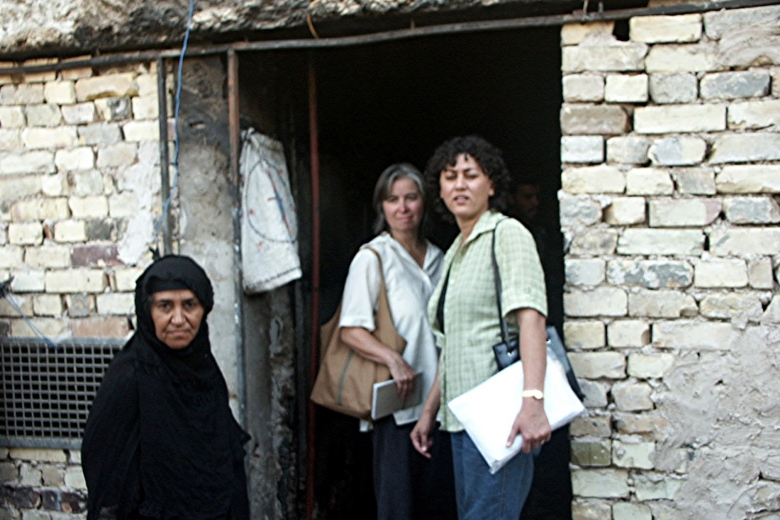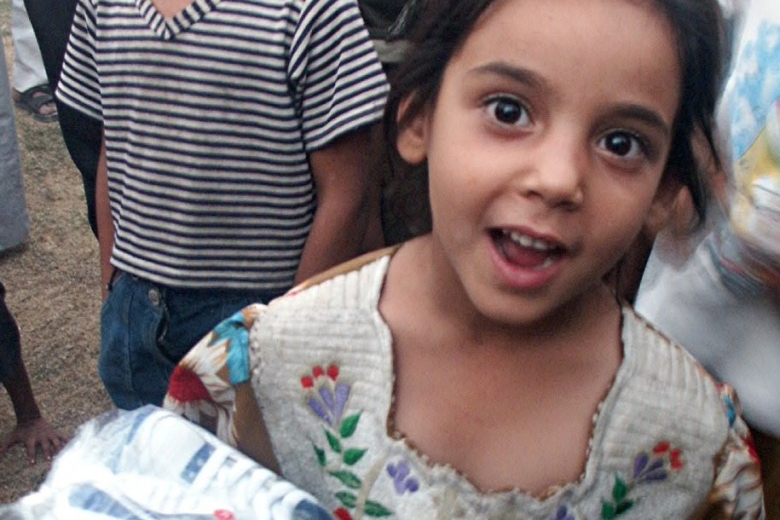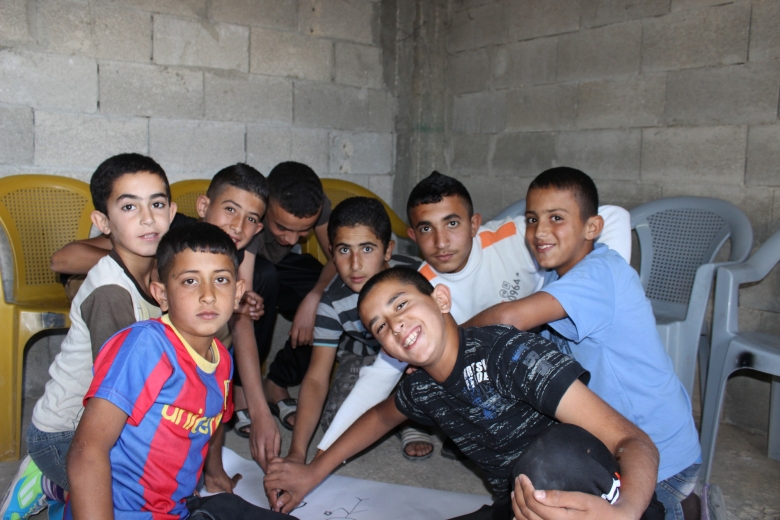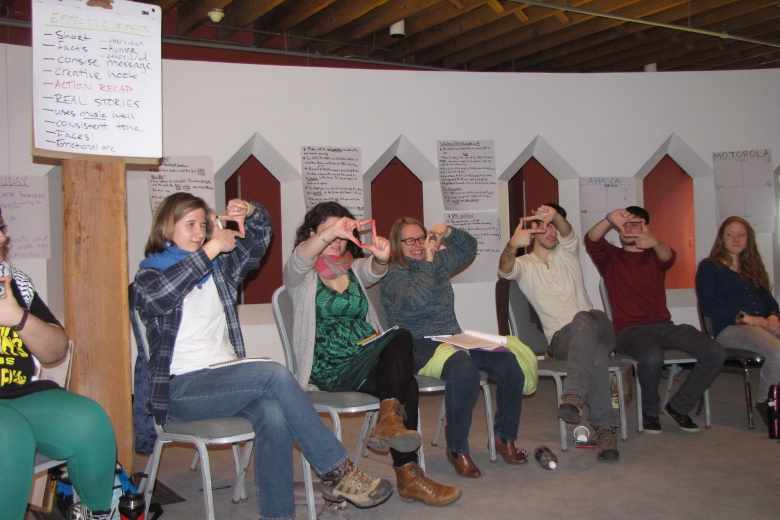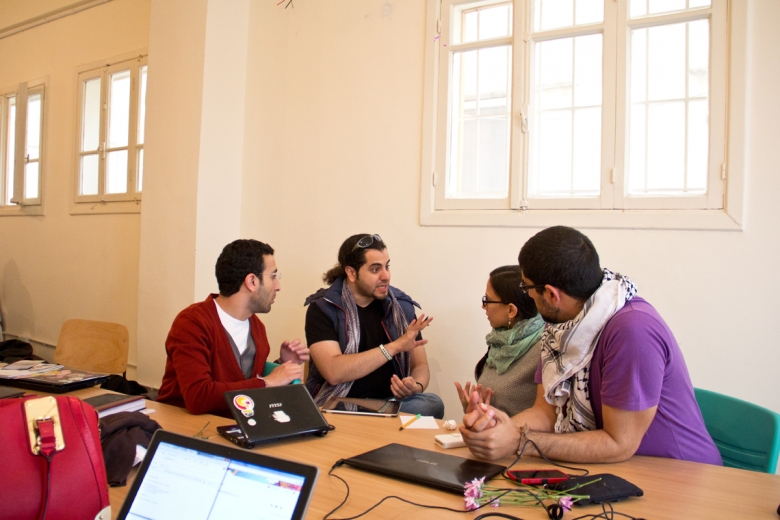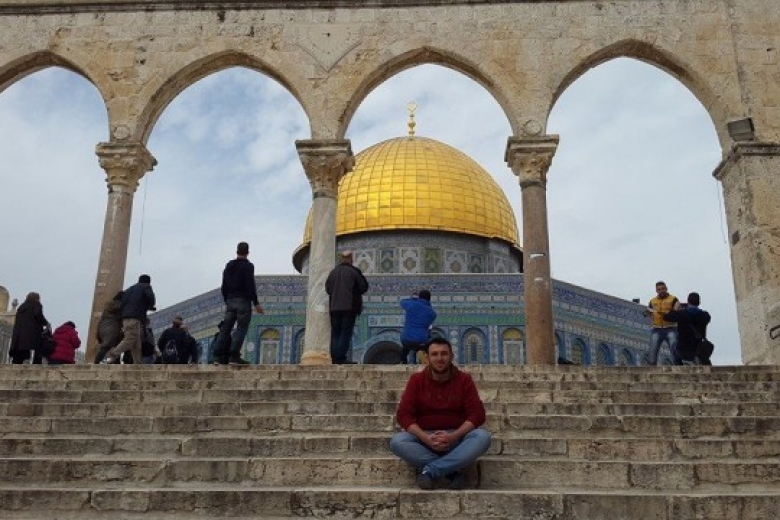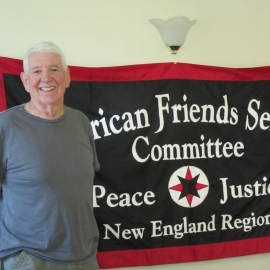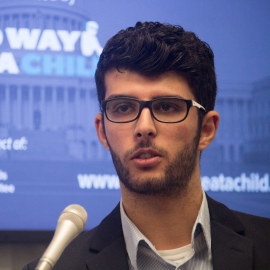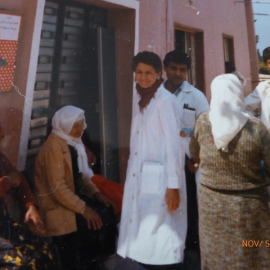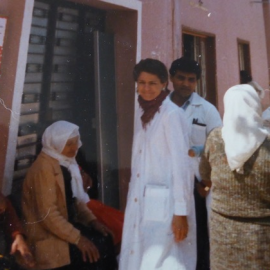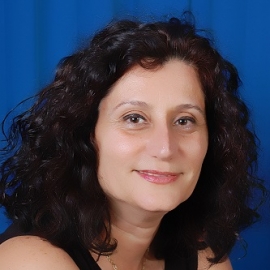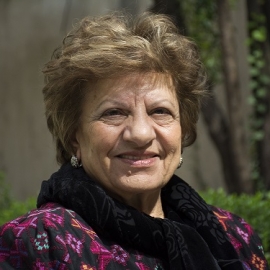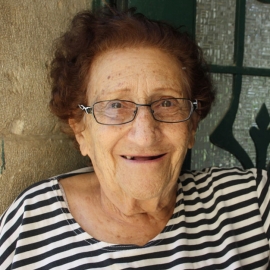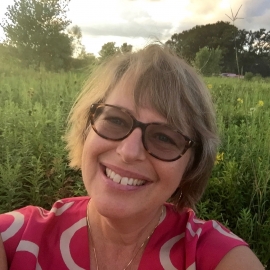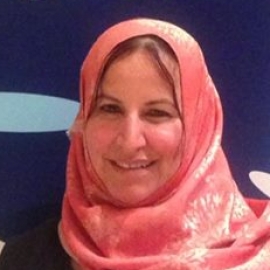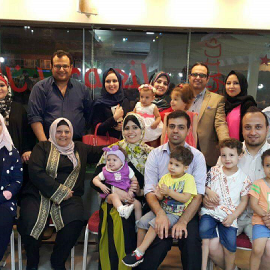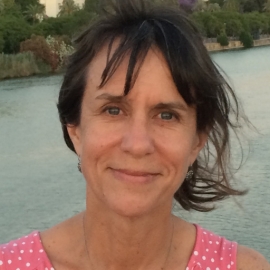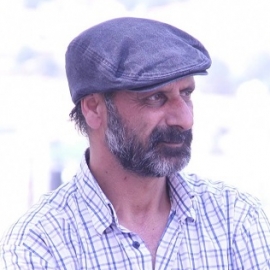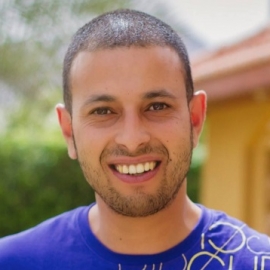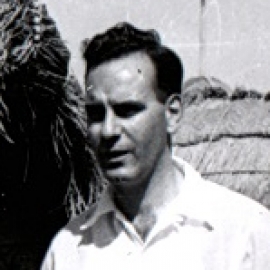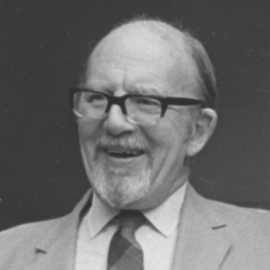As in many parts of the world, AFSC began working in the Middle East in the wake of war and has stayed to help build justice and peace. Throughout our history, AFSC has coordinated humanitarian relief and other assistance to communities impacted by war in Jordan, Iraq, Afghanistan, Lebanon, and, more recently, Syria.
Since 1948, AFSC has worked with Palestinians, Israelis, and the international community to realize a just and lasting peace between Palestinians and Israelis. Today, AFSC advocates for an end to the Israeli occupation, equality for all, and justice for past wrongs. Through our Palestinian Youth Together for Change program, we bring together young Palestinians from the West Bank, Israel, and Gaza to counter Palestinian fragmentation and support their nonviolent change initiatives. In Israel, AFSC supports groups challenging militarism and violence. And in the U.S., AFSC educates the public about Israel and the occupied Palestinian territory and works to change government policies and corporate and institutional practices that support the occupation.


